Before we returned to the United States from England for me to be ordained as a Catholic priest I was running a business I founded called Working Hero. This was a business training company that helped managers and business leaders manage change.
We used the hero’s quest in movies to illustrate to our clients how heroes in films cope with the challenge of change. Part of the process was to analyze the natural instincts when faced with change. The natural instincts are almost always–not only wrong, but disastrous. The first instinct is denial. We put our head in the sand. We might acknowledge the change, but it is not happening to us. Along with denial goes deflection. We shoo it away like a pesky fly or we find arguments that deflect the looming threat of change.
At the same time we take refuge in “the way things have always been done.” Even if those ways of working were incompetent and inefficient we return to them. Not only do we return to them, but we return to an idealized version of them. We become nostalgic about those ways of working and turn them into a hallowed, unchangeable structure. Then we take refuge in this little fortress hoping that the change will go away. From within that fortress we take pot shots over the parapet at everyone outside who seems to be the enemy.
The disaster happens when we keep doing the same old thing and keep trying to prop up the old structures and the old ways of doing things no matter what the cost. So businesses will borrow more and more money and invest more and more time and resources trying to keep an old business model running because it used to work and used to be successful. This is, of course, exactly the opposite of what they should do.
The Catholic Church is no different. Faced with modernity and the challenge of change we dig in our heels. We take refuge in what used to work and invest huge amounts of time, money, manpower and resources to prop up the old structures. In fact, religions do this far more universally and insanely than any other institution. The Catholic traditionalist movement is one of the ways people build their little fortress, but this is not the only group doing this. The aging liberals are doing this too. They keep wheeling out the tired old solutions of the 1970s thinking that all that peace and justice hippy stuff is still relevant. Catholic educators do it when they continue to invest in educational models that are outdated, in schools that are crumbling and colleges that ceased to be truly Catholic long ago.
The only way to face the challenge of change is to face it head on and embrace it as an opportunity. What are the challenges the modern world throws at us as Catholics? They are not insignificant and it does not good to run away from the challenge. We really do have to face it squarely. The Second Vatican Council was an attempt to do just that. Like many I have criticisms of some of the positions of Vatican II. I really have a problem with where “the Spirit of Vatican 2” has taken the church. However, the council was a genuine effort to help us face the challenge of the modern world, and that process is still going on.
During the research for my podcast series Triumphs and Tragedies I became convinced that the history of the church moves in 500 year cycles. The first 500 year epoch was the Roman Empire. The second was the Dark Ages. The third, the flowering of Christendom in the high Middle Ages. The fourth began in 1517 at the dawn of the Protestant revolution and we are now at the end of that epoch. Where is the Spirit leading the church today and forward into this 21st century and beyond?
The church historian Ian Ker says it takes fifty years for the teachings of any council to really get into the bloodstream of the church. This is because there is invariably a reaction to the council and then a reaction to the reaction. A generation has to grow up who has not known what it was like before the council. We are also at that stage. The teachings of the Second Vatican Council are still working their way into the whole church, but they have provided the foundation for what is to come.
Because of the confusion and bewilderment of so many Catholics I recorded Triumphs and Tragedies. I wanted my fellow Catholics to understand that the church has always been in the midst of crisis and God has guided this lurching, reeling barque of Peter through constantly stormy seas. Jesus promised this when he told us that there would be persecution, hardship and trials.
I am now recording a podcast discussion of John Allen’s book The Future Church. John’s book as published in 2009 so it will be interesting to see which of his predictions are coming true and where the Spirit has taken us over these last ten years. The introductory podcast will be posted soon at BreadBox Media and on all mainstream podcasting channels. The episodes that follow will be posted at BreadBox and free channels in abridged form and the full length discussion will be available here on the blog for Donor Subscribers.
I hope you will enjoy listening and learning and will share my excitement and optimism about what the Holy Spirit is doing in Christ’s church today and where we are headed in the future.

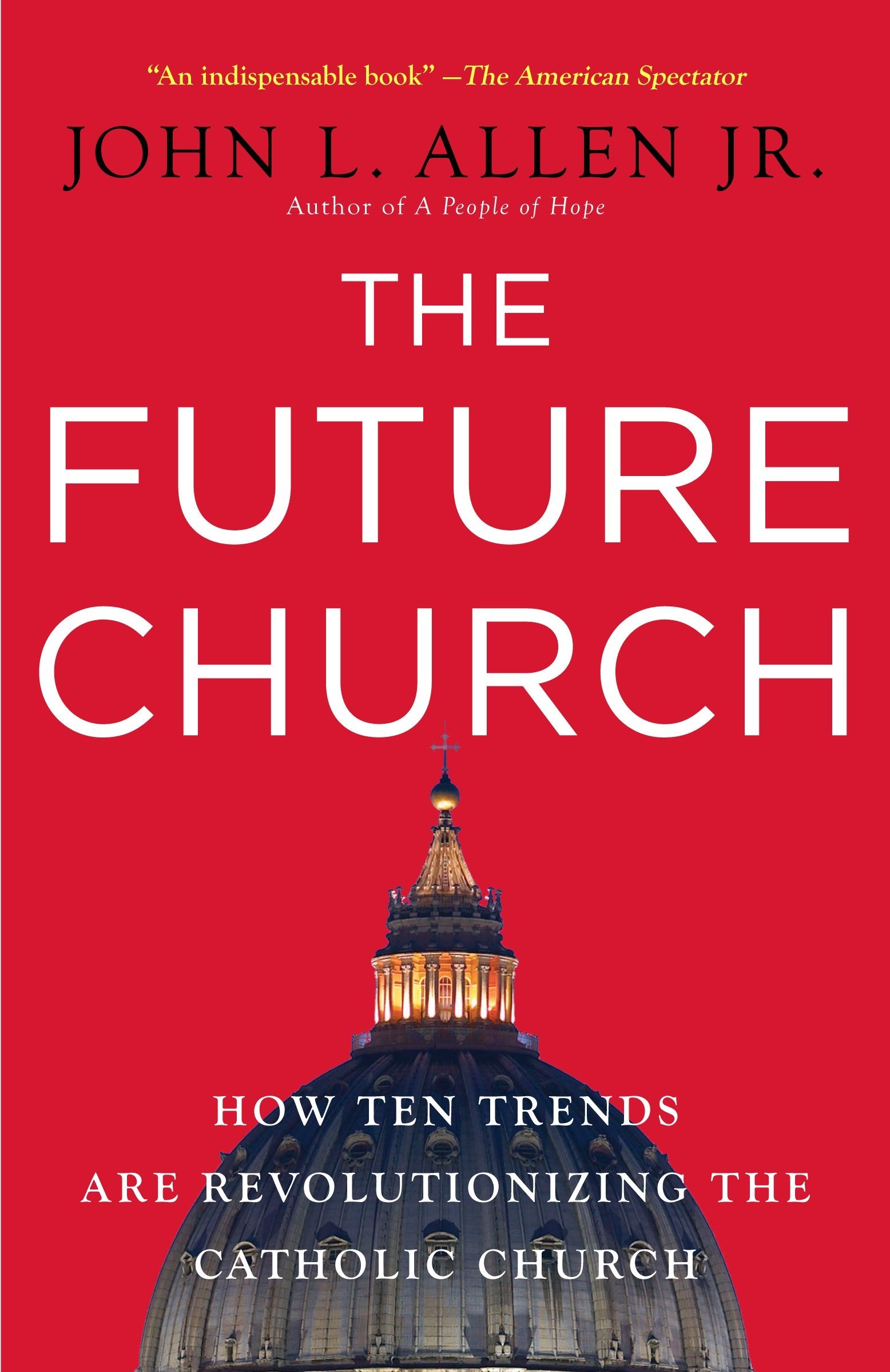
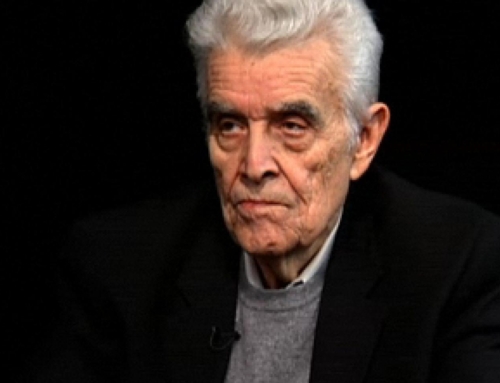
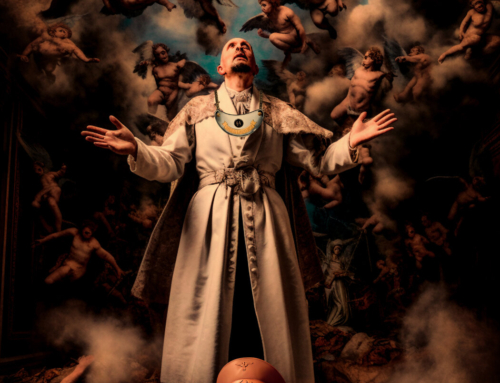
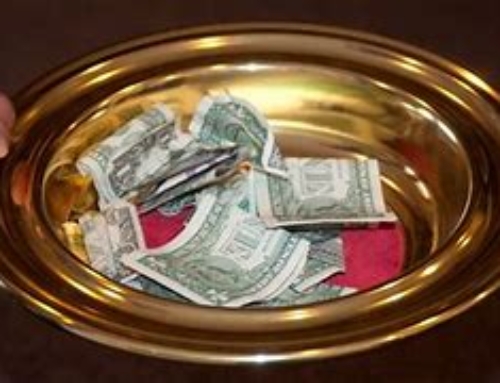
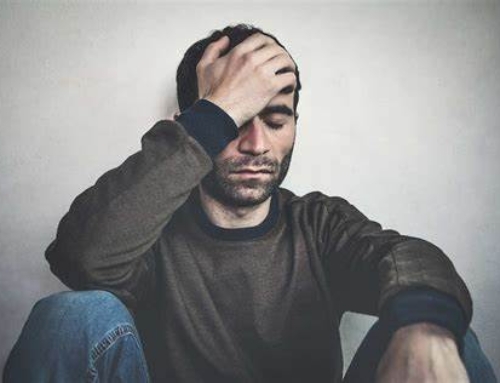

To add to your comment “A generation has to grow up who has not known what it was like before the council,” it is my contention (as morbid as it is) that at least one and sometimes two generations of leadership in the church need to die off to make room for that new leadership and leave the “old ways” behind. In my opinion, God showed us this in the Exodus. It has also been repeated in our history, most prominently to me in the Reformation and subsequent Council of Trent.